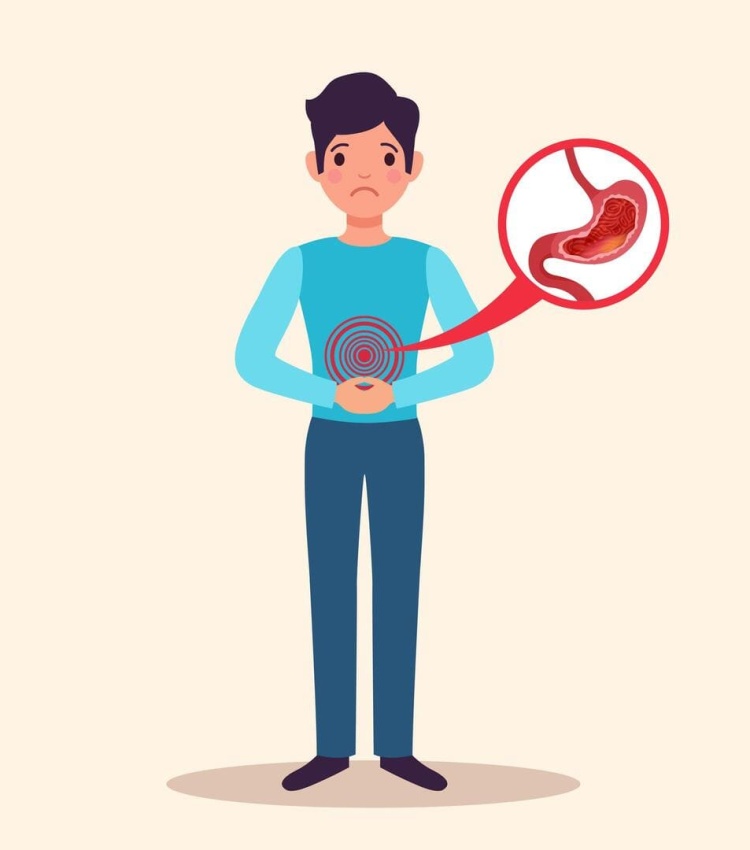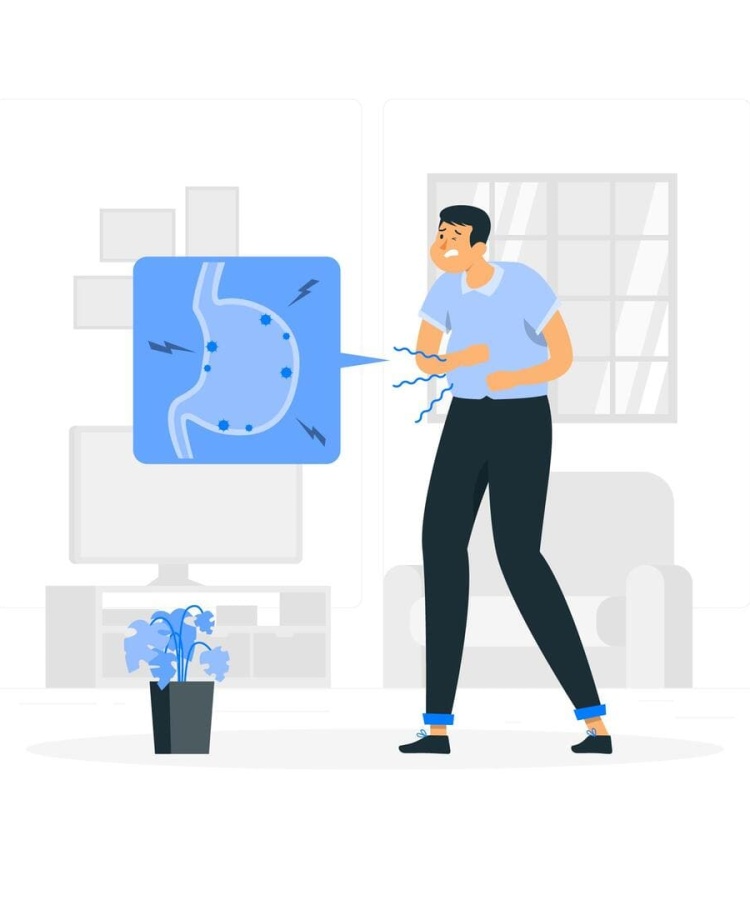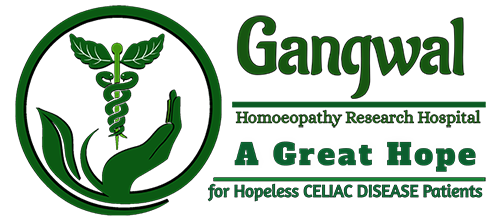IBS Treatment
Irritable Bowel Syndrome (IBS) is a common gastrointestinal disorder characterized by abdominal pain, bloating, and changes in bowel habits such as diarrhea, constipation, or alternating between the two. Although there is no cure for IBS, several treatment strategies can help manage symptoms and improve the quality of life for individuals with the condition. Treatment for IBS typically involves a combination of lifestyle changes, dietary adjustments, medications, and stress management.
Homoeopathy can cure Irritable Bowel Syndrome, but here are some other common approaches to IBS treatment:

Dietary Modifications:
Identifying and avoiding trigger foods: Some individuals with IBS may have specific food triggers that worsen their symptoms. Common triggers include certain types of fiber, gas-producing foods, caffeine, and spicy foods. Keeping a food diary can help identify and avoid these triggers.
Low-FODMAP diet: This diet restricts fermentable carbohydrates that can cause gas and bloating in some people. It may be beneficial for those with IBS, especially those with predominantly bloating and gas symptoms. It is essential to work with a dietitian to properly implement the low-FODMAP diet.
Lifestyle Changes:
Regular exercise: Engaging in regular physical activity can help improve digestion and manage stress, which can be beneficial for individuals with IBS.
Stress management: Stress and anxiety can exacerbate IBS symptoms. Techniques such as relaxation exercises, mindfulness, yoga, or counseling may help manage stress.
Medications:
Over-the-counter medications: Antispasmodic medications, such as dicyclomine or hyoscyamine, can help reduce abdominal cramping.
Laxatives or fiber supplements: For those with constipation-predominant IBS, fiber supplements or laxatives can help regulate bowel movements.
Antidiarrheal medications: For those with diarrhea-predominant IBS, medications like loperamide can help control diarrhea.
Prescription medications: In some cases, a healthcare provider may prescribe certain medications, such as tricyclic antidepressants or selective serotonin reuptake inhibitors (SSRIs), to help manage pain or improve symptoms.
Probiotics:
Probiotics are beneficial bacteria that can help improve gut health. Some individuals with IBS may find relief from symptoms by taking specific strains of probiotics. However, the effectiveness of probiotics may vary from person to person, so it’s essential to consult with a healthcare provider before trying them.
Cognitive Behavioral Therapy (CBT):
CBT can be helpful for individuals with IBS who have significant stress or anxiety that worsens their symptoms. CBT can help identify and change negative thought patterns and coping mechanisms.

The treatment plan for IBS should be individualized based on the specific symptoms and needs of the person with IBS. It’s essential for individuals with IBS to work closely with their healthcare provider, usually a gastroenterologist or primary care physician, to develop a comprehensive treatment approach that addresses their unique situation. Regular follow-up visits and open communication with the healthcare team are crucial for monitoring progress and making any necessary adjustments to the treatment plan.









